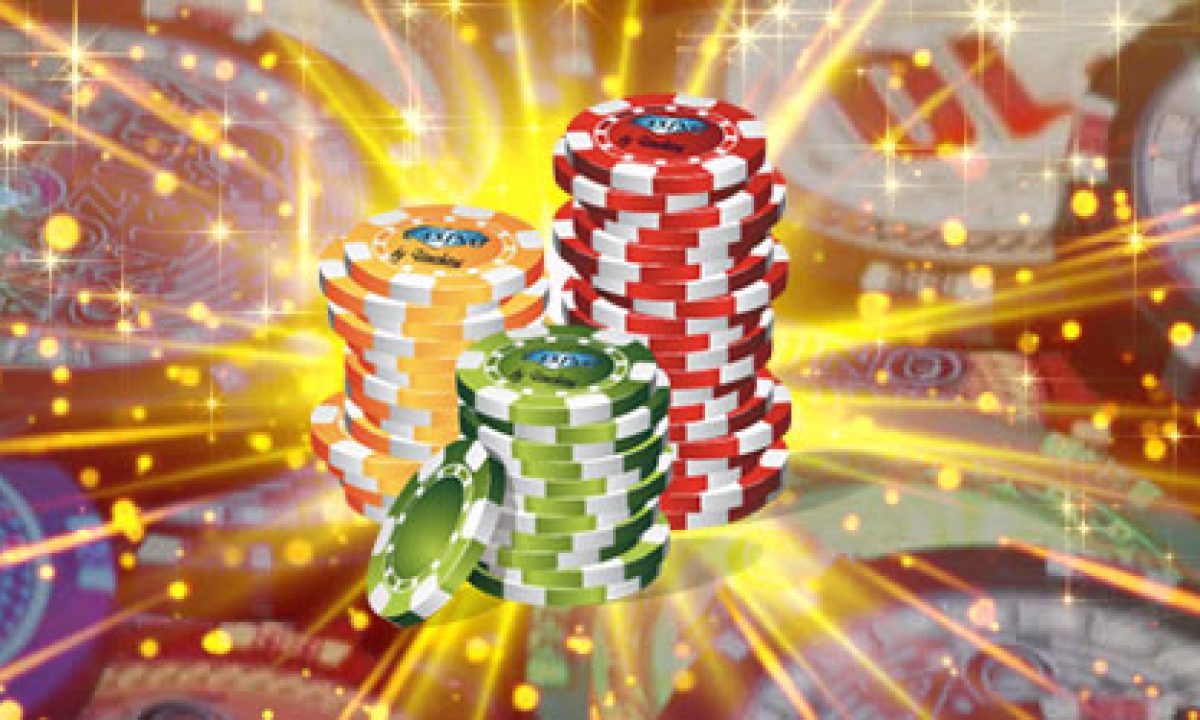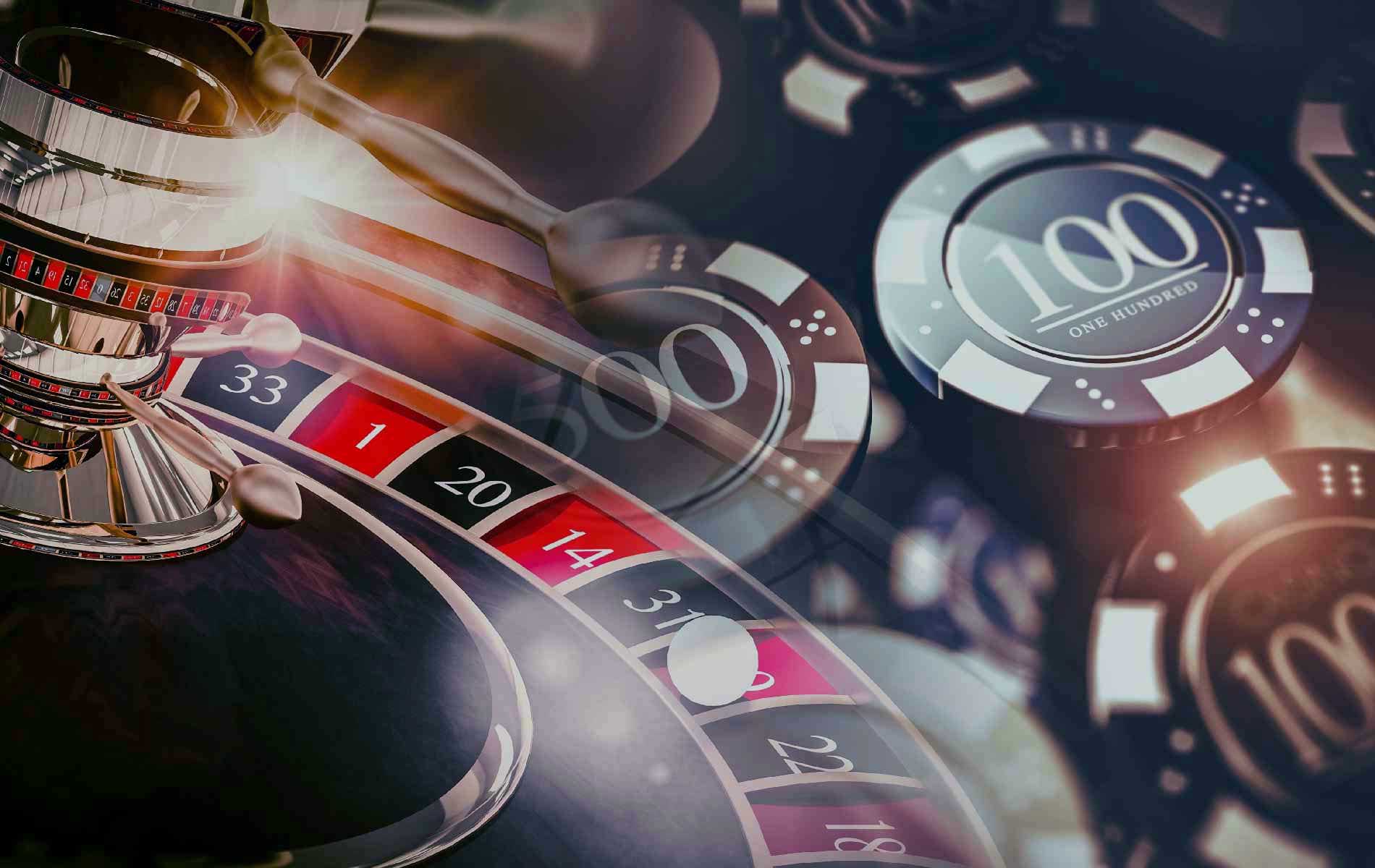Is the Exchange a Casino?
Sometimes you can meet the phrase: “The Exchange is a casino. Is it so? There is no definite answer, because for some it really is a casino, and for some it is a way to save and protect earned money from inflation. The exchange and the broker are our tools, and we can use them in different ways. We can use them to save money for retirement, for a house, or for school, which is long, tedious, and boring. We can speculate with the shoulders, getting a lot of different emotions, just like in the casino, and here we should not forget the rule: “Only the casino wins” (Read my other articles on trading).
In my last article I wrote about how brokers encourage us to speculate. It’s neither good nor bad, it’s just their business to make money on their clients in every way allowed by law. Of course, they do everything to ensure that their clients are engaged in trading rather than investing, but the decisions are still made by the clients.

Here is the standard scheme, how the exchange turns into a casino
The client sees either in Pulse or from an acquaintance a good deal with a big and fast profit. Then he experiences FoMO (lost profit syndrome), and looks for an opportunity to repeat this success. The greater the profit, the greater the risk – the client trades and makes risky bets in the pursuit of profit. And it doesn’t matter whether he wins or loses: if he wins he keeps playing, if he loses he will try to win back in the same way. In the end he loses all his money and comes to the conclusion: “The Exchange is a casino”, which he tells all his friends, simultaneously blaming the broker, pulse, the investment guru, or someone else. Thus was born the stereotype that the exchange is a casino, and brokers are crooks who steal from their clients.
I do not agree with this stereotype. For me, the stock exchange is a place where I can invest in high-quality companies, which in exchange will share their profits with me, a place where I can protect my savings from inflation. And a broker is a salesman who takes his modest commission, without him you can’t buy assets like you can’t buy groceries without a store.
If you bet daily in the hope of “making a quick buck” – you are a gambler, sooner or later you will give your money to the broker, and it will only be your fault.
Casino and Trading
In this post I decided to talk about the psychology of trading.
I will be comparing trading to a casino.
This idea was promoted by a guy from our trading team. Every day we analyze the stock market for levels at which the market can appear. When all bets are made, we start working with history, and every day, we work on finding the inefficiencies of the market, making strategies for trading in parallel. And at the same time, we analyze all possible entry points by technical analysis, by volume analysis, and most importantly we analyze all signals in terms of what people who have seen this situation would do.
Analyzing the points where people take a loss, i.e. cover their wrong trade, we have identified one pattern that you simply cannot disagree with. And not only newcomers in trading, but also experienced sharks of this business fall into this trap of the market. Of course, here we are talking about the pure psychology of trading in the stock market.
Let me explain by analogy with a casino
Imagine you come to a casino… You make a bet, and… Oh yeah !!!!. You get lucky, your card comes up, you win. What do you do? Go home, yeah now, of course we play on, bet again, and… lucky again!!! Brother, you’re lucky, everyone at the table tells you. You bet again, and yeehaw… you win again. “I’m the man,” you think to yourself. Then you think, “well,…. Since I’m so lucky, I’ll gamble all in.” You bet all that you earned earlier, and then oops… you lose.

That’s often the case with stock trading. You make a trade, you’re in the black, great… You make a second trade… you’re in the black. Then you make a third trade and it makes you money too. Maybe it’s not a luck, maybe it’s all according to an algorithm that you have painted for yourself, which, in turn, is fully consistent with your working trading system. But, for all that, fooled by chance, you, confident in your rightness, just enter the deal with an increased order. Risking all your hard-earned money. And what happens? Of course, the market takes from you what you earned, and even a little bit of your money.
Many traders are caught in a psychological trading loop. Namely, this formula: when you make the first trade, you risk $25, let’s say you earned $50, instead of starting a new trade with the same $25 of risk, the trader makes a $75 risk. On the one hand, yes, there is a cushion, you can develop your trade, but in the case of failure you just lose everything, and it makes no difference how much you earned on it before, because as a result of course you will still have a minus in your account, sooner or later, because you just play in the casino.
Remember the casino never loses, it will show you a bunch of different options for your winnings, maybe at the moment it will be in the red, but the end is known …
For there to be no casino in your trading strategy, should be clearly scheduled Profit and Loss, both for the whole day and for each transaction separately. That’s basically what we give in our psychology class, which will be coming soon. Stay tuned!
Trade systematically, trade without emotion and luck. Good luck.
